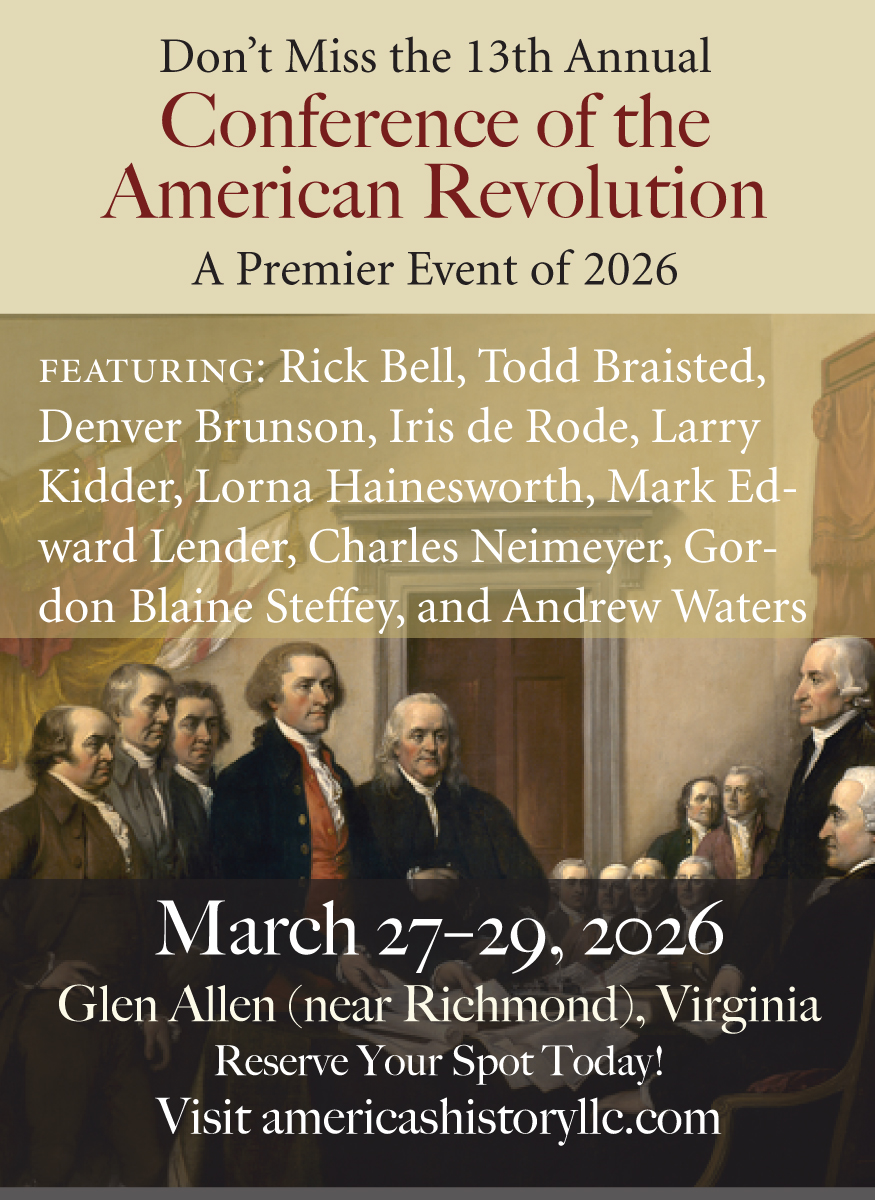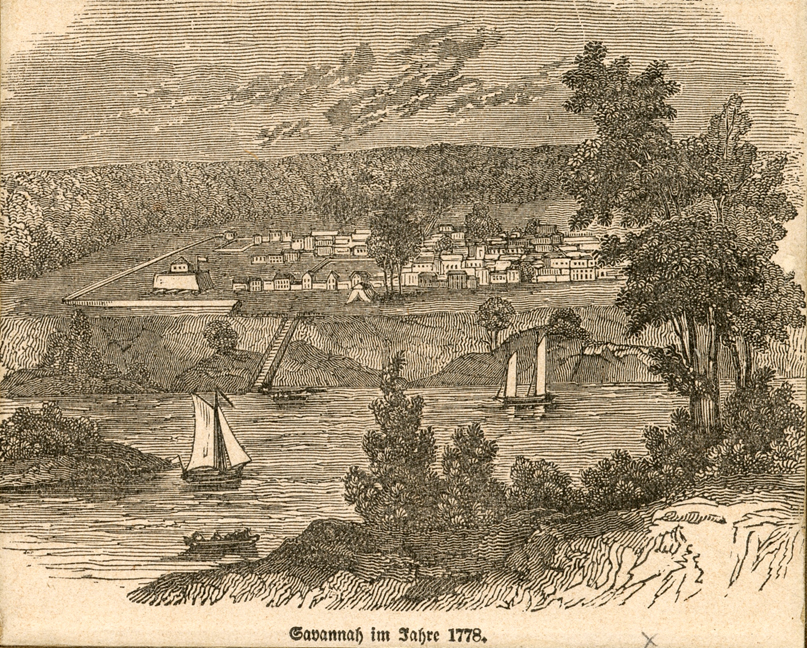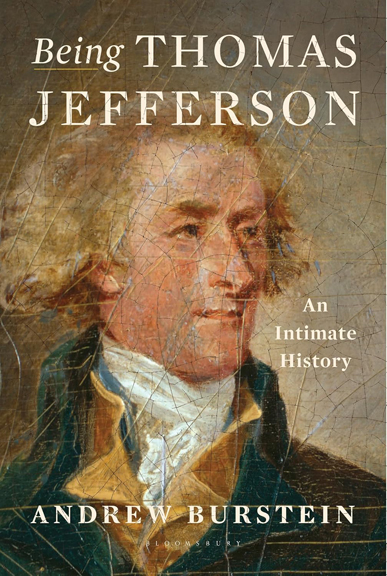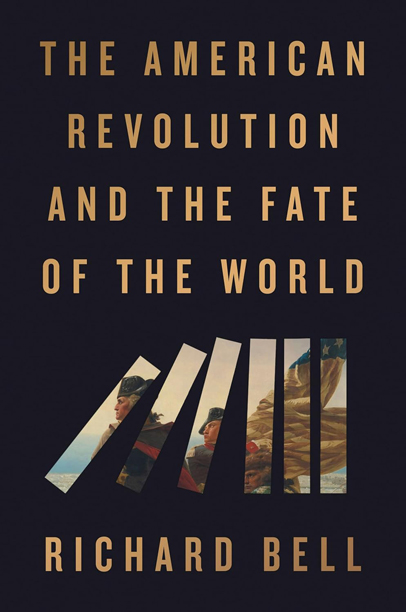In the beginning, there was Congress. On May 29, 1787, a Tuesday, with delegates to the Federal Convention seated and rules settled, Virginia’s governor Edmund Randolph introduced his state’s vision for the new nation. Article 1 set the stage: “Resolved that the Articles of Confederation ought to be corrected & enlarged” to provide for “common defence, security of liberty, and general welfare.” A “revolution in favour of government,” as one writer reported in the Pennsylvania Gazette, was under way. Articles 2 through 6 outlined a bicameral legislature, while Article 7 resolved that “a National Executive be instituted, to be chosen by the National Legislature,” with the “general authority to execute the National laws.” Whether this executive would be a single person or several, one thing was clear: he/they would be derivative of Congress, selected by that body and charged with doing its bidding.[1]
That Friday, with Article 7 on the floor, Pennsylvania’s James Wilson moved “that the executive consist of a single person.” This brought the convention, which was just reaching its stride, to a sudden standstill. “A considerable pause ensuing”—that’s how James Madison, in his notes, denoted the uncomfortable silence.[2] Delegates to the “grand federal convention” had been chosen for their ability to communicate and deliberate, but just this once, communication ceased. Wilson’s motion raised a host of contentious issues. Who will choose the chief executive? How long will he serve? What authority will he exercise? Who can check his power? Each question opened a range of possible solutions, and all fields were interconnected. An executive imbued with extensive powers, for instance, might require greater checks or shorter terms.
Madison opened the bidding. Wouldn’t it be “proper,” he asked, “before a choice should be made between a unity and plurality in the Executive, to fix the extent of the Executive authority?” Madison proposed minimal powers: “to carry into execution the national laws” and “to appoint offices in cases not otherwise provided for.”[3] With little dissent, state delegations agreed. Executive authority was subservient to legislative demands, save only for some lesser appointments. Most significantly, he/they would not possess the “powers of war and peace.”
Next up: length of service. Some delegates favored three years, with the possibility of repeating in office; others argued for one seven-year term. On a hasty vote, seven years prevailed over three by five states to four, with one divided.[4]
Method of appointment? Wilson, stunning his peers, favored popular election. All delegates wanted the new government to be philosophically grounded in the people, yet few wanted to place it directly in their hands. Wilson found only one kindred spirit, George Mason, who liked the idea in theory yet pronounced it “impractical.”[5]
That night, Benjamin Franklin stewed over the prospect of a single executive serving for seven years. “Being very sensible of the effect of age on his memory,” he told the Convention the next morning, he carefully wrote down his objections. Saddled with a weakened voice and failing eyes, he would find it difficult to read aloud what he had just penned, so James Wilson offered to read it for him:
It will be said, that we don’t propose to establish Kings. I know it. But there is a natural inclination in mankind to Kingly Government. It sometimes relieves them from Aristocratic domination. They had rather have one tyrant than five hundred. It gives more of the appearance of equality among Citizens, and that they like. I am apprehensive therefore, perhaps too apprehensive, that the Government of these States, may in future times, end in a Monarchy.
To counter this “natural inclination,” Franklin preferred multiple executives:
And shall we doubt finding three or four men in all the U. States, with public spirit enough to bear sitting in peaceful Council . . . merely to preside over our civil concerns, and see that our laws are duly executed. Sir, I have a better opinion of our Country. I think we shall never be without a sufficient number of wise and good men to undertake and execute well and faithfully the office in question.[6]
Madison reported the soft response: “No debate ensued, and the proposition was postponed for consideration of its members. It was treated with great respect, but rather for the author of it, than from any apparent conviction of its expediency or practicability.”[7]
Franklin did have allies. Edmund Randolph, the previous day, had warned: that “unity in the Executive” was “the fetus of monarchy,” and “the permanent temper of the people was adverse to the very semblance of Monarchy.”[8]
George Mason agreed. “We are not indeed constituting a British government, but a more dangerous monarchy, an elective one . . . Notwithstanding the oppressions & injustice experienced among us from democracy, the genius of the people is in favor of it, and the genius of the people must be consulted.” The people, he predicted, “never could agree to give up all the rights of the people to a single Magistrate.” Like Franklin, Mason favored an executive council. If the framers opted for more than one executive, the office could not appear too “kingly.”[9]
Despite such concerns, on June 4 the convention opted for a single executive—seven states in favor, three opposed, and one divided.[10] There was one critical safeguard against overreach: the executive would be “removable on impeachment & conviction of mal-practice or neglect of duty.”[11]
Over the next two months, the office took shape. On August 6, the Committee of Detail tabulated the convention’s interim findings. A “president,” chosen by Congress, could “recommend” legislation but neither push for it nor vote on it. He could commission officers and receive ambassadors, but the authority to appoint ambassadors and judges lay with the Senate, as did the power to make treaties with foreign nations. He could command military forces but not raise them. He could neither declare war nor negotiate peace. He could write letters to governors, but he was not empowered to force their hands, supersede their authority, or, on his own authority, suppress insurrections within their states. He could be removed from office through “impeachment by the House of Representatives, and conviction in the supreme Court, of treason, bribery, or corruption.” His authority, in short, was tightly circumscribed. Only once, to check the judiciary, did the committee use the word “power”: “He shall have power to grant reprieves and pardons; but his pardon shall not be pleadable in bar of an impeachment.”[12]
Four weeks later, on September 4, the “Committee of Eleven” rewrote the script:[13]
- The president would be chosen by special electors, not a joint session of Congress. If electors failed to produce a winner, the Senate would determine the result. At the insistence of small states, the deciding body was later changed to the House of Representatives, with each state delegation having one vote.[14]
- Although the president’s term was shortened to four years, the restriction against re-eligibility was dropped. Until the mid-twentieth century, a president could remain in office indefinitely. Might this open a door to “kingly government”?
- With the “advise and consent” of the Senate, the president could appoint ambassadors, Supreme Court justices, and “other public ministers”—authorities previously granted to the Senate alone.
- The president could make treaties, pending approval of two-thirds of the Senate.
The first of these alterations, establishing what we now call the Electoral College, fundamentally altered presidential politics, while the others significantly increased presidential powers. Had such consequential changes been suggested in June, July, or early August, they might have stirred opposition and been discussed at length, but at this late date, they did not receive full scrutiny. Yet James Madison, ever astute, noted potential danger in the treaty-making provision. “The President would necessarily derive so much power and importance from a state of war that he might be tempted, if authorised, to impede a treaty of peace.” To counter this, Madison moved that two-thirds of the Senate could “make treaties of peace, without the concurrence of the President.”[15]
Pierce Butler “was strenuous for the motion, as a necessary security against ambitious & corrupt Presidents. He mentioned the late perfidious policy of the Statholder in Holland; and the artifices of the Duke of Marlboro to prolong the war of which he had management.”[16] Nobody else came to Madison’s defense. His motion was defeated, three states in favor and seven opposed, yet his concern was apt. By placing political gain above the needs of a nation, might a president exemplify “kingly government,” what all framers except Hamilton hoped to avoid?
We know that Franklin and Mason opposed a single executive, fearing the extent of his powers. They had sounded the alarm at the outset of the convention, and Mason’s opposition to ratification would highlight the dangers of a single executive as well as the absence of a bill of rights. But Madison’s concern has received scant attention. A chief architect of the Constitution’s checks and balances, he failed to gain traction for this protection against an executive who put himself over country. Convention fatigue might well have played a role.
Franklin, famously, moved on:
I confess that there are several parts of this constitution which I do not at present approve, but I am not sure I shall never approve them . . . The older I grow, the more apt I am to doubt my own judgment, and to pay more respect to the judgment of others . . . Thus I consent, Sir, to this Constitution because I expect no better, and because I am not sure, that it is not the best. The opinions I have had of its errors, I sacrifice to the public good.[17]
Yet he still worried. We’ve all heard the story. On September 18, 1787, the closing day of the Federal Convention, as delegates exited Independency Hall, a lady asked Franklin, “Well, Doctor, what have we got, a republic or a monarchy?” “A republic,” replied the Doctor, “If you can keep it.”[18]
The informant, James McHenry of Maryland, is quoted in Max Farrand’s Records of the Federal Convention, and the “lady” was allegedly Philadelphia’s Elizabeth Willing Powell. The tale is legendary, and it endures for a reason. One person who “rules” or “governs” a nation might indeed present a risk. “There is a natural inclination in mankind to Kingly Government”—Madison, a trusted source, took these words directly from “a literal copy” of the paper Franklin wrote on the night of June 1, 1787. Madison, Franklin, and their peers, with the exception of Hamilton, kept this “inclination” in mind and provided multiple checks to thwart it. But their handiwork is not foolproof. There will always be an “if.”
[1] James Madison, Notes of Debates in the Federal Convention of 1787 (New York: W.W. Norton, 1987), 30-31 (May 29).
[2] Ibid., 45. (June 1).
[3] Ibid., 47. (June 1).
[4] Ibid., 49. (June 1).
[5] Ibid.
[6] Ibid., 51-3. (June 2).
[7] Ibid., 55. (June 2).
[8] Ibid., 46. (June 1).
[9] Ibid., 64. (June 4).
[10] Ibid., 60. (June 4).
[11] Ibid., 58. (June 2).
[12] Ibid., 392-3. (August 6).
[13] Ibid., 573-5. (September 4).
[14] For a detailed account of this dramatic and consequential reversal, engineered in large measure by Gouverneur Morris, see Ray Raphael, Mr. President: How and Why the Framers Created a Chief Executive (New York: Alfred A. Knopf, 2012), 93-109.
[15] Madison, Notes of Debates, 599. (September 7).
[16] Ibid., 600. (September 7).
[17] Ibid., 653. (September 17).
[18] McHenry’s chronicle of the Convention has been eclipsed by Madison’s Notes. The quote here is his from his entry for September 18, the day following adjournment, in “Papers of Dr. James McHenry of the Federal Convention of 1787,” Avalon Project, Yale Law School: avalon.law.yale.edu/18th_century/mchenry.asp. McHenry later added a footnote: “The lady here aluded to was Mrs. Powel [presumably Elizabeth Willing Powell] of Philada.” J.L. Bell adds in an email: “During the early 1800s, McHenry used the anecdote (misquoting his own notes) in an early version of the ‘a republic, not a democracy’ argument. He even dropped Powell’s name publicly. She responded privately that she didn’t remember the exchange, but it would have happened in her salon. (Many modern writers set the scene on the street instead, something she would have deplored.)”









One thought on “A Kingly Government? Benjamin Franklin’s Great Fear”
I thank the wonderful organization who publishes these wonderful articles….